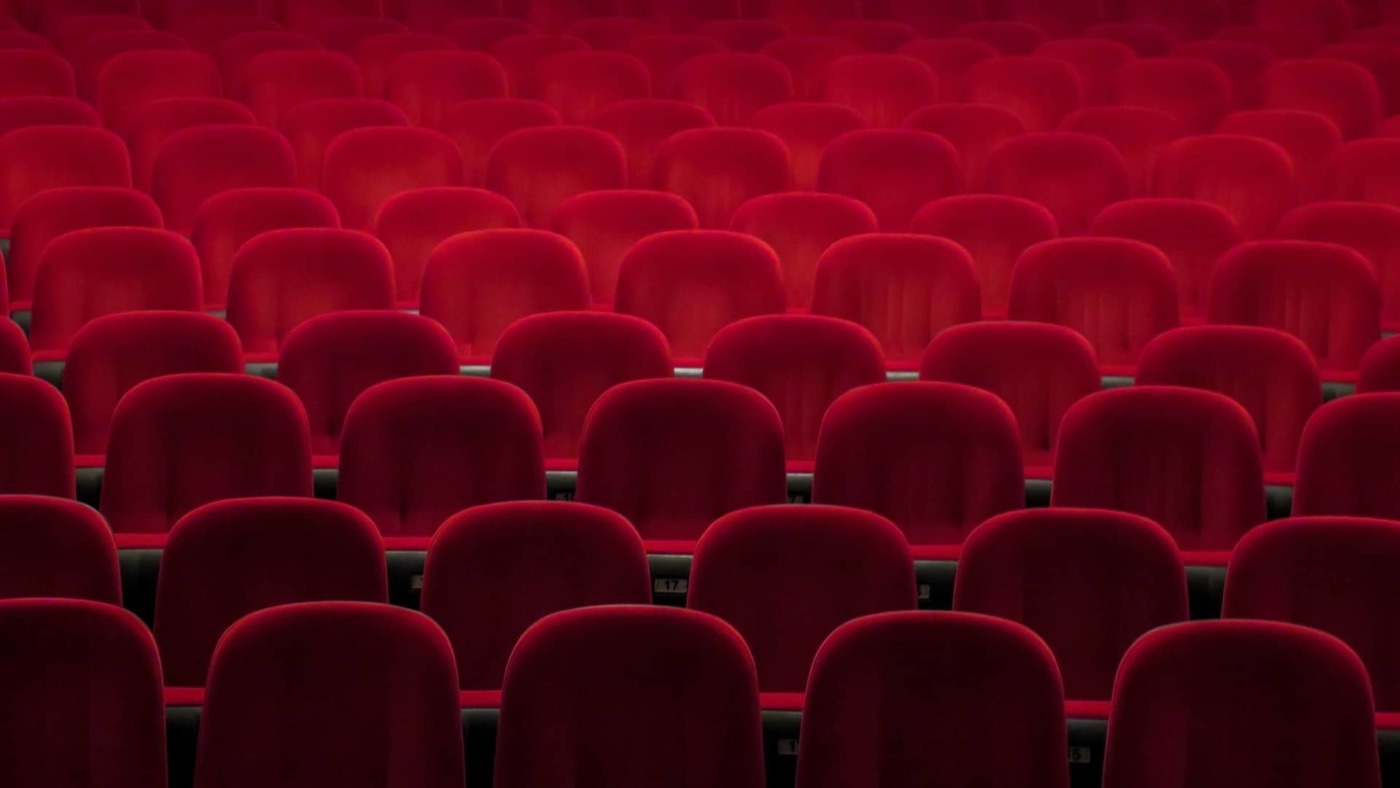Books that should be on the big screen
Sometimes a book is just perfect for the big screen, and so some of our writers share with us the books they’d love to see adapted into a films.
Penpal by Dathan Auerbach – Reece Goodall
I enjoy horror films, and pretty much every classic has been adapted into a film (or ten) by now – we’ve more versions of Dracula than we could ever need. But there are some modern horrors that would make excellent films, and one of those is Dathan Auerbach’s chilling first novel, Penpal.
Through a non-sequential narrative, it tells the story of an unnamed narrator, who learns the truth of a bizarre series of events in his early life. When his class conducts a penpal experiment, in which they tie a letter to a balloon and send it off, the narrator’s letter winds up in the hands of an obsessed stalker. Stalker narratives and their gradual escalation have made for some great films (I’m immediately thinking Cape Feare and Fatal Attraction). The structure of Penpal would work well as a cinematic experience.
Movie horror is generally better when the villain is kept in the shadows, their motivations not over-explained, and this description fits Penpal. The key would be sticking closely to the basic structure of the book, accentuating the all-too real nature of the threat and translating some of the inherently cinematic scenes (including a dark landscaping experience) accurately. Penpal is a terrifying read, and I think it would make an equally terrifying watch.
Homegoing by Yaa Gyasi – Bashirat Oladele
Many tend to hate the concept of adapting books into films. I understand their points because as readers, we see the characters and the stories in a unique way that may be difficult to translate into a film. However, one book I would love to see as a film is the critically acclaimed Homegoing by Ghanaian author, Yaa Gyasi. This book was awarded National Book Critical Circle’s John Leonard First Book Prize, and rightfully so – the writing takes you on a journey.
As a reading preference, I enjoy reading about multigenerational stories and how these stories span centuries and what it means for the descendants. Homegoing tells the story of two separated sisters and details their lineage from pre-colonial Ghana, before Ghana was even carved into a country, across continents. It tells the stories that go ignored and highlights the brutalities of slavery and the significance of family ties, with these separated sisters and their lineages.
Unfortunately, I have not come across many Black authors that do this, but Homegoing solved this issue for me. Most books tend to span across 2 or 3 generations but Gyasi switched this up: this novel spanned across eight generations, intricately telling the stories of each generation. Each chapter reminds me of a short story but instead the short story is bouncing between each generation from the bloodlines of Esi and Effia.
Seeing as the novel transcends generations, it may prove difficult to be presented on the screen due to the number of stories that would need to be told. 14 main characters which indicates 14 stories. If it were adapted, I think a series of films would be ideal to watch and would focus each story on solely one of the characters a bit more than the book does.
The Wind-Up Bird Chronicle by Haruki Murakami – Connie Bernardin
Despite having written almost 20 novels, as well as short story collections and a memoir, only one Haruki Murakami book has been adapted on screen. Murakami has a very distinct writing style, labelled under magical realism; he has mastered the art of creating complex low-fantasy worlds, drawing subtle crossovers between real life and the fantastic metaphysical.
Among his canon of work, The Wind-Up Bird Chronicle stands out as a primary example of this unique writing style. Over 600 pages long, the story follows protagonist Toru Okada after his wife disappears without notice. The novel itself can be difficult to follow as the narrative is relatively non-linear with numerous flashbacks, dream sequences and epistolary chapters.
Along the way, Toru meets a handful of strange and mystical characters who each tell their own stories, some going on tangents that last almost 100 pages. For this reason alone, I think the novel would be especially interesting, and perhaps easier to follow, on screen. Not to mention the incredible opportunities for special effects as Toru seamlessly weaves in and out of dream sequences. Haruki Murakami has a talent for capturing human experience unlike any author I’ve read before, so to see his work on the big screen would be very exciting.

Comments